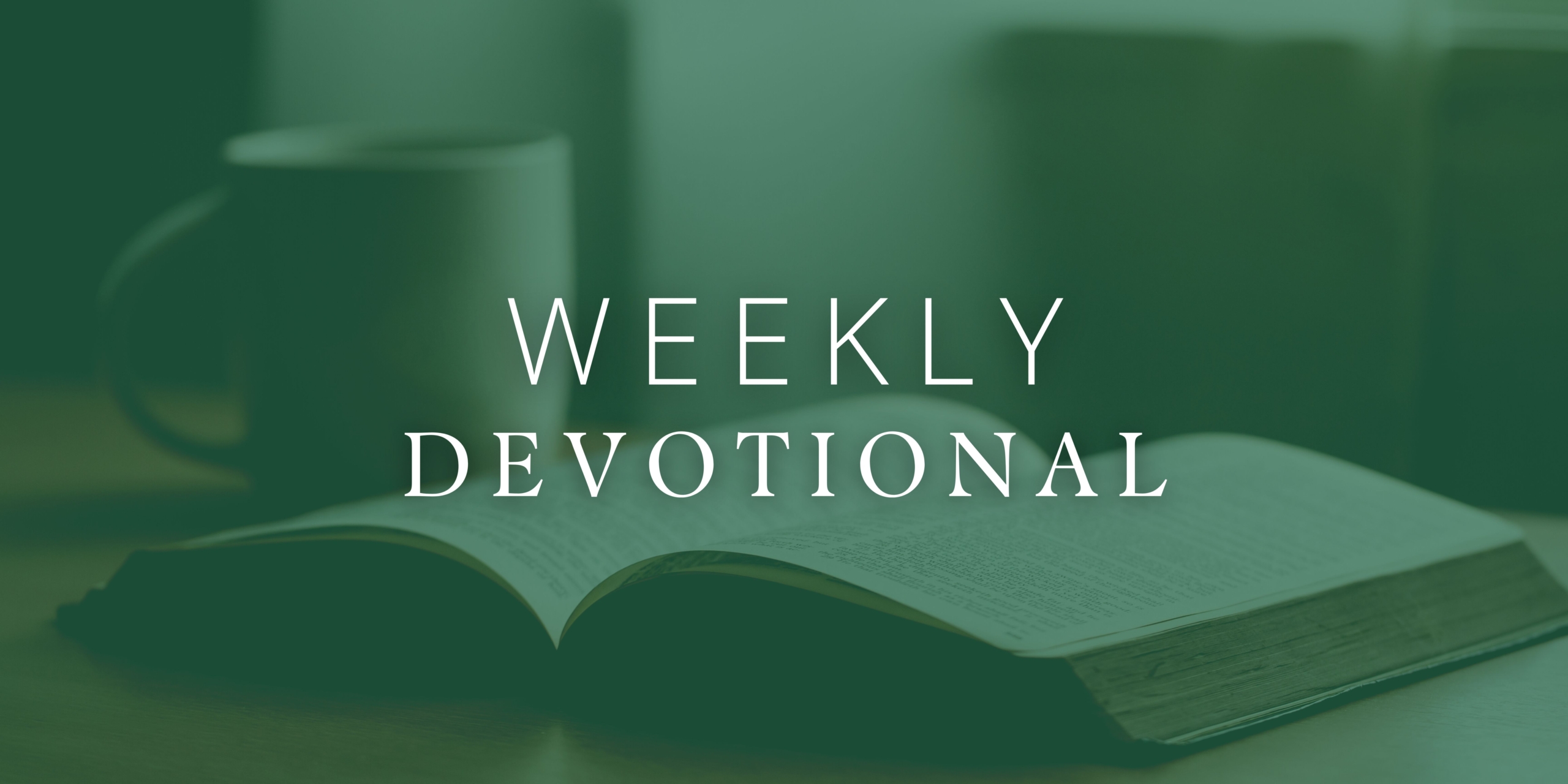29 But wanting to vindicate himself, he asked Jesus, “And who is my neighbor?” 30 Jesus replied, “A man was going down from Jerusalem to Jericho and fell into the hands of robbers, who stripped him, beat him, and took off, leaving him half dead. 31 Now by chance a priest was going down that road, and when he saw him he passed by on the other side. 32 So likewise a Levite, when he came to the place and saw him, passed by on the other side. 33 But a Samaritan while traveling came upon him, and when he saw him he was moved with compassion. 34 He went to him and bandaged his wounds, treating them with oil and wine. Then he put him on his own animal, brought him to an inn, and took care of him. 35 The next day he took out two denarii, gave them to the innkeeper, and said, ‘Take care of him, and when I come back I will repay you whatever more you spend.’ 36 Which of these three, do you think, was a neighbor to the man who fell into the hands of the robbers?” 37 He said, “The one who showed him mercy.” Jesus said to him, “Go and do likewise.” —Luke 10:29-37
The parable of the Good Samaritan is one of the best known in the New Testament. Every hearing fires up righteous indignation toward the identified religious passersby who notice what has transpired but choose to cross over the road and continue on their way.
Our nation’s celebration of Juneteenth has occurred this week. How often do we notice the inequities and inequalities of racism but take a wide berth to continue on our way? We quickly rationalize why each circumstance does not require us to engage or become involved. As people of faith, we must challenge ourselves to move beyond mere righteous indignation to conviction formed by righteousness.
The less familiar portion of this story indicates the Samaritan’s personal sacrifice of time and resources. It is a model of how to follow through with engagement, founded on the willingness to sacrifice and release personal abundance to correct past injustices. Our association with a faith community that provides us with the clarion call towards personal responsibility, can also provide the encouragement and support necessary for us to notice, stop, engage, and be willing to right the wrongs that have been, and continue to be, committed.
God of all, may we see each of your children as a valued member of your created world family. Teach us to notice wrongs and be strengthened by your spirit to engage in righting them. Help us grow in our willingness to live within the sacrificial model of Christ’s love.
~ ~ ~ ~ ~
Join the Movement toward Racial Justice is an invitation (from the United Church of Christ) to demonstrate God’s love and to partner with others who are working for the transformation of racism in our world so that we might foster flourishing lives for all.






